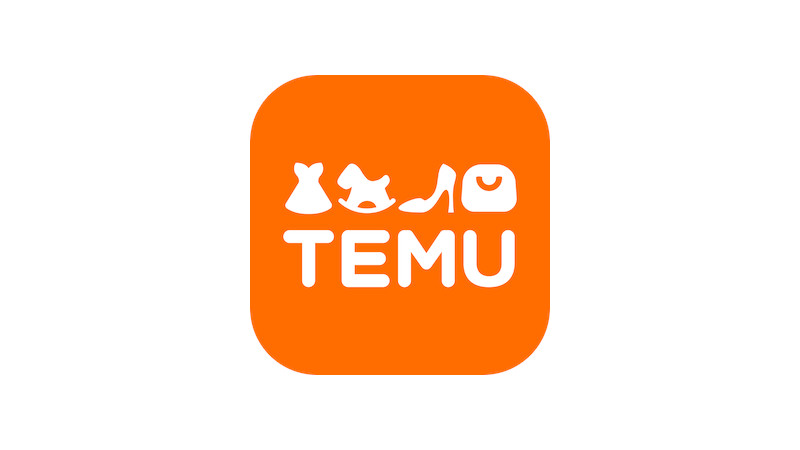Toys from the Chinese low-cost platform Temu pose a safety risk for children. This is the result of a test carried out by the toy association Toys Industries of Europe. None of the 19 toys ordered complied with current EU regulations.
Anyone who buys toys for their children on Temu is in most cases exposing them to a safety risk. This is the result of a test carried out by the toy association Toys Industries of Europe (TIE). According to the test, 95 percent of the toys on the cheap Chinese platform actually pose a danger.
Temu toys pose a safety risk for children
According to the association, it had purchased 19 toys from Temu at the end of 2023. The result: none of them complied with the applicable EU regulations for toys. Of these, 18 alone did not comply with the safety regulations of the EN 71 series.
In a so-called slime toy, the content of the semi-metal boron was around eleven times higher than legally permitted. Other toys had even revealed the risk of children injuring themselves or choking on small parts.
The toy association TIE informed Temu of its findings. The low-cost platform then announced that measures had been taken and that the toys in question could no longer be found on the platform. Although this is encouraging, the association believes that these measures are not enough.
Temu: the EU is called upon
The problem: According to TIE, for every unsafe toy found on Temu, there are countless other toys that are not discovered. However, many of these are already in the hands of children in the EU.
This is the fault of third-party providers who offer their products via the low-cost platform but cannot be held responsible for the safety of the toys. This is because the EU’s legal framework does not cover this situation. Catherine Van Reeth, Director General of Toy Industries of Europe, said:
The EU has the strictest toy safety rules in the world, yet online platforms continue to allow the sale of toys from non-EU sellers that put children at risk. Consumers should be able to trust that what is offered for sale in the EU complies with EU regulations.
Their demand is therefore that “online platforms should not abuse the trust of EU consumers”. In addition, the EU must draft – and enforce – better rules against the sale of counterfeit and unsafe toys.










